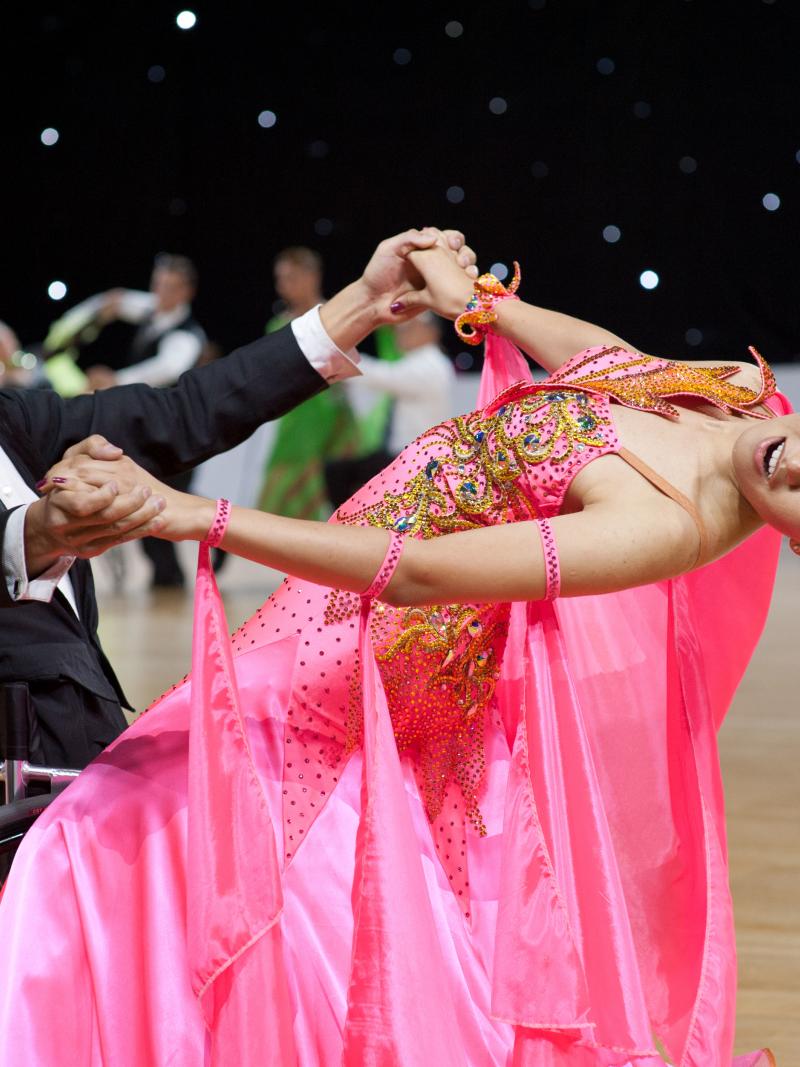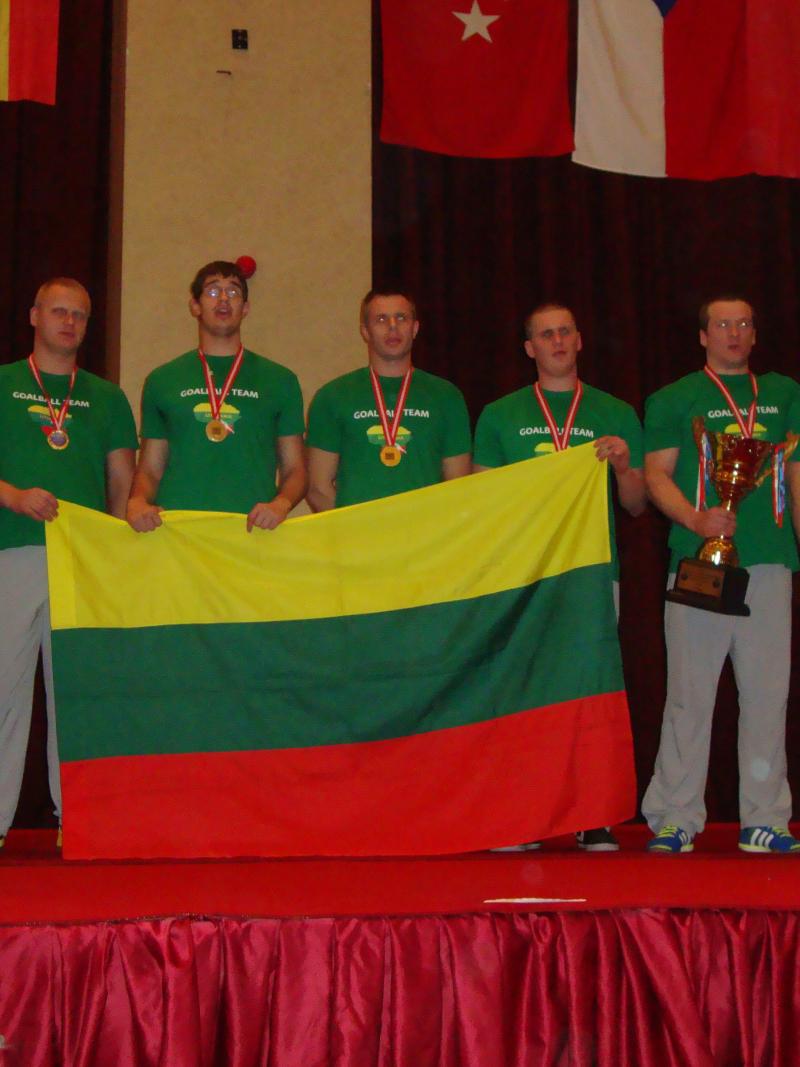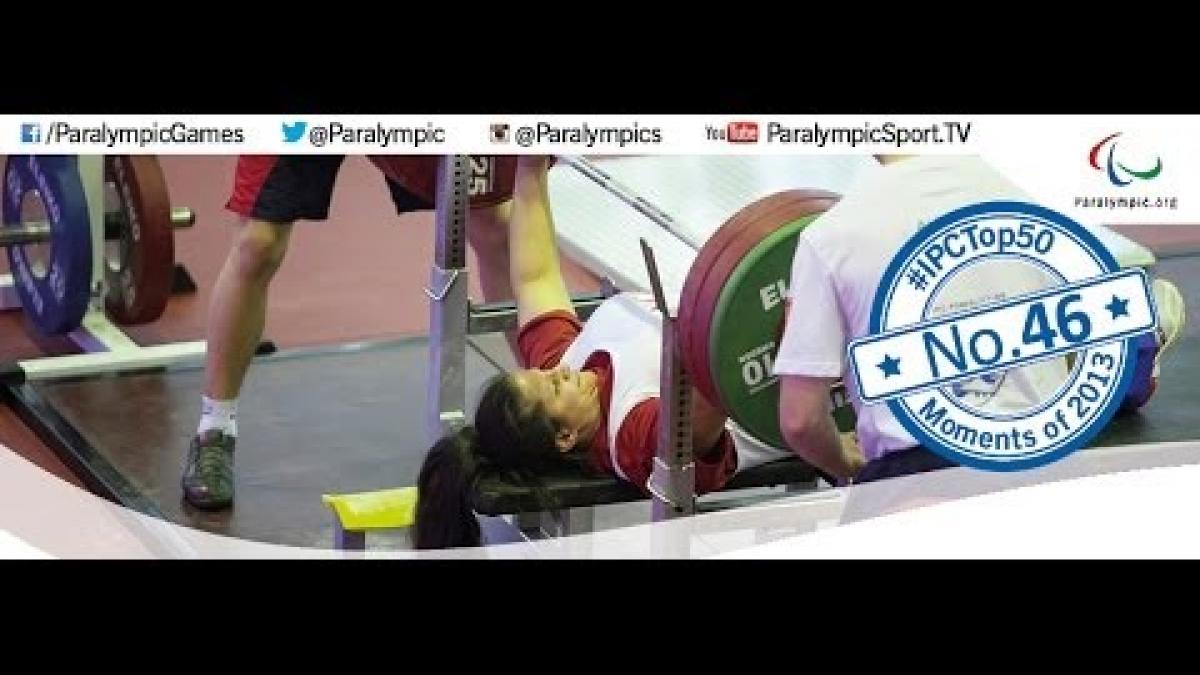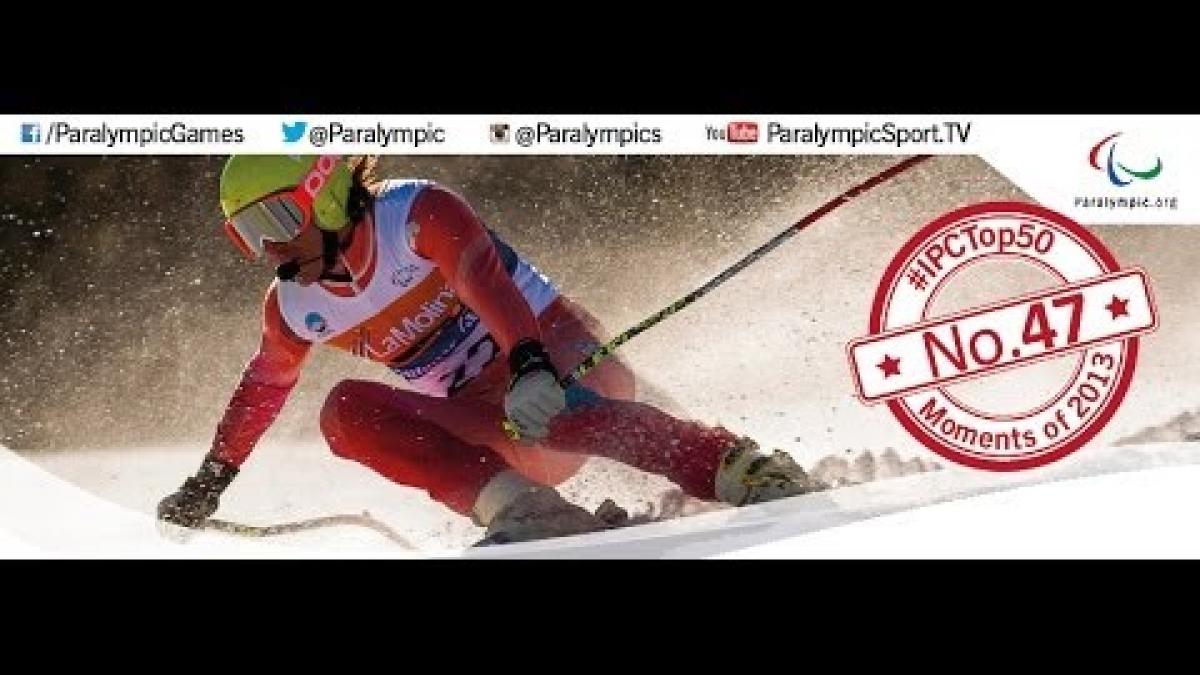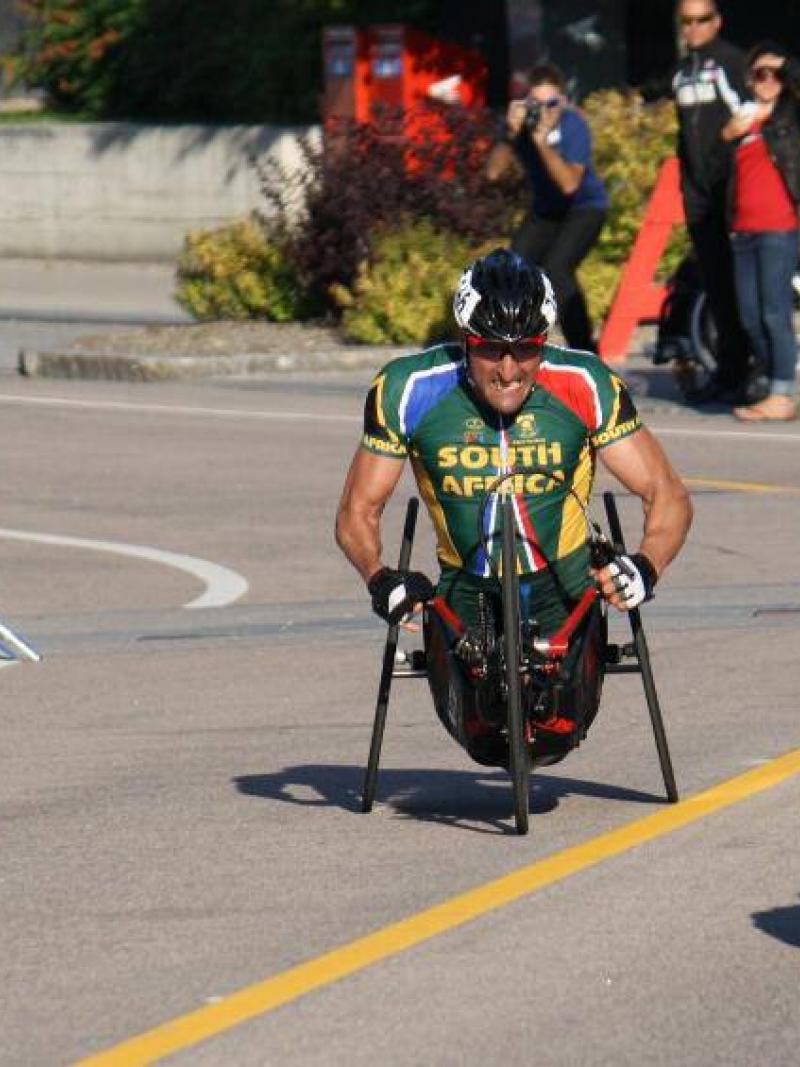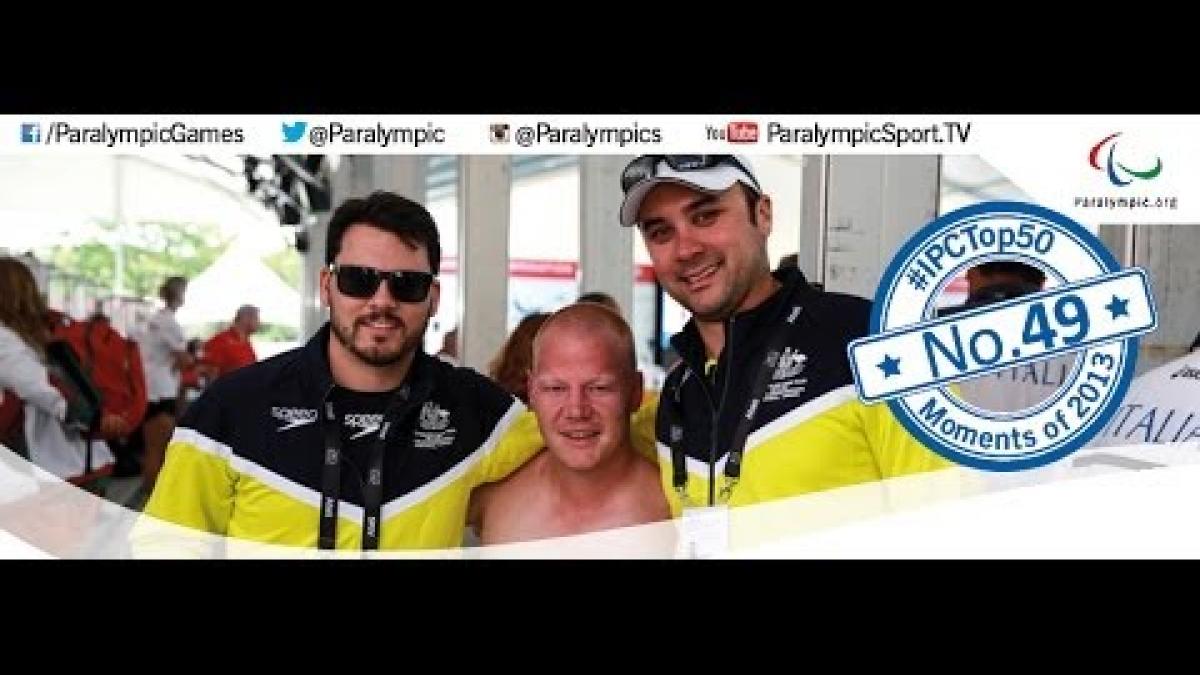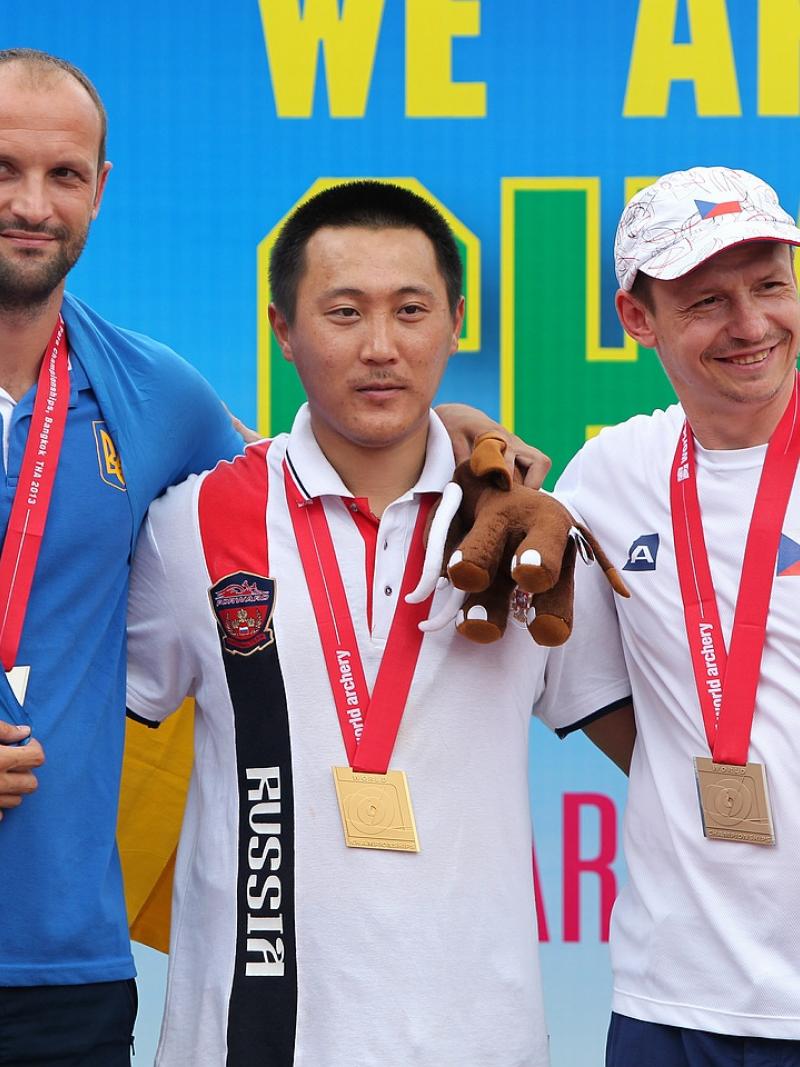No. 42: Austria’s Mendy Swoboda repeats world title
The 23-year-old amputee has declared himself one of the canoeist’s to beat on the road to the Rio 2016 Paralympic Games. 21 Nov 2013
Austria's Mendy Swoboda.
“You only feel it at the end. During the race, it’s not so hard because it’s only 40 seconds, but afterwards you notice that you’re shaking. The exhaustion doesn’t come during the race, it comes after the race.”
It only took about 40 seconds for Mendy Swoboda to paddle his way to a second consecutive canoe world title in 2013.
In just 40.79, to be exact, the Austrian above-the-knee amputee sprinted the entirety of the K1 men’s 200m TA final to finish first at the 2013 ICF Para-Canoe World Championships in Duisburg, Germany.
The 23-year-old got off to a quick start in the kayak trunk and arms race, but was pushed hard by newcomers Victor Potanin of Russia and Pier Alberto Buccoliero of Italy, who finished second and third, respectively.
“If you do a marathon, it’s just exhaustion, but if you do 200m, it’s a different kind of pain you cannot really explain,” Swoboda said.
“You only feel it at the end. During the race, it’s not so hard because it’s only 40 seconds, but afterwards you notice that you’re shaking. The exhaustion doesn’t come during the race, it comes after the race.”
It had been a difficult season for the discipline’s front-runner who suffered illness over the winter and was unable to return to a full training regime until late spring.
When Swoboda lined up for the final on 29 August, he prepared himself for surprises, as para-canoe has grown so much over the past couple of years he said you never know what to expect any more.
“In para-canoe, it’s not like you have training camps with other athletes over the year, so you don’t know how they have developed until you get to the start line,” Swoboda said. “I had to just calm myself and focus on my race to give my best.
“From year to year (winning) means more,” he added. “This year the competition was much tougher than last year, so it made a difference in meaning, too.”
Swoboda, who has been paddling since he was 10, is now preparing for the sport’s Paralympic debut at the Rio 2016 Games.
Although he’s now been tabbed as one of the athletes to beat, the gap between competitors has constantly been decreasing the last couple of years, so Swodoba will have to step up his times even further on the road to Rio.

 Facebook
Facebook
 Instagram
Instagram
 Twitter
Twitter
 Youtube
Youtube
 TikTok
TikTok
 Newsletter Subscribe
Newsletter Subscribe


